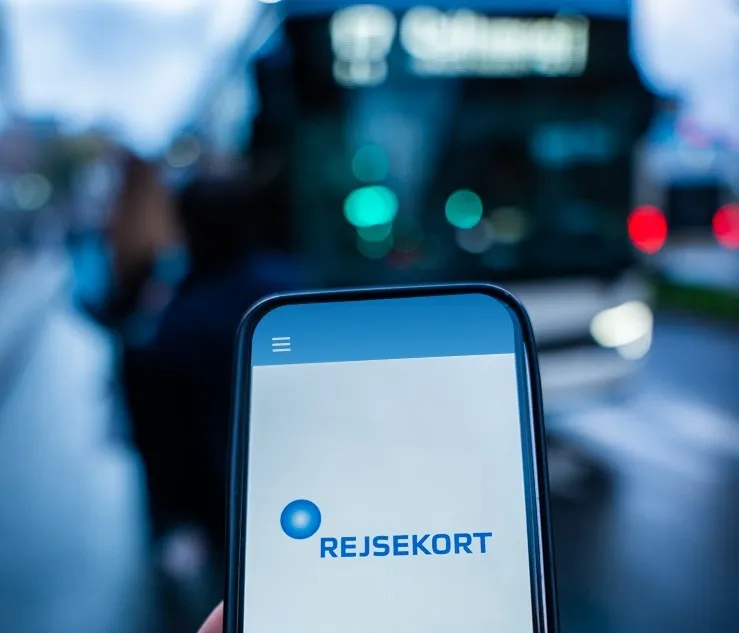Reforms are set to make bus travel in the UK more passenger-friendly and give councils more freedom to improve services.
Roads Minister Andrew Jones said reforms will help deliver better journeys across the country, as he delivered a keynote speech at the UK Bus Summit.
Under the changes in the Buses Bill, councils will be given the choice to franchise services and enter into new partnerships with providers.
All companies will have to share information about routes, fares and timetables, paving the
February 16, 2016
Read time: 2 mins
Reforms are set to make bus travel in the UK more passenger-friendly and give councils more freedom to improve services.
Roads Minister Andrew Jones said reforms will help deliver better journeys across the country, as he delivered a keynote speech at the UK Bus Summit.
Under the changes in the Buses Bill, councils will be given the choice to franchise services and enter into new partnerships with providers.
All companies will have to share information about routes, fares and timetables, paving the way for programmers to develop new apps passengers can use to plan their journeys.
Local authorities will be given new powers to enter into stronger partnerships with bus companies and agree minimum standards for services, improving reliability and punctuality.
The new partnerships will also be given the power to set standards for local buses and introduce standard ticketing rules over wider areas, paving the way for Oyster-style schemes.
The Buses Bill is due to go before Parliament later this year.
Roads Minister Andrew Jones said reforms will help deliver better journeys across the country, as he delivered a keynote speech at the UK Bus Summit.
Under the changes in the Buses Bill, councils will be given the choice to franchise services and enter into new partnerships with providers.
All companies will have to share information about routes, fares and timetables, paving the way for programmers to develop new apps passengers can use to plan their journeys.
Local authorities will be given new powers to enter into stronger partnerships with bus companies and agree minimum standards for services, improving reliability and punctuality.
The new partnerships will also be given the power to set standards for local buses and introduce standard ticketing rules over wider areas, paving the way for Oyster-style schemes.
The Buses Bill is due to go before Parliament later this year.









